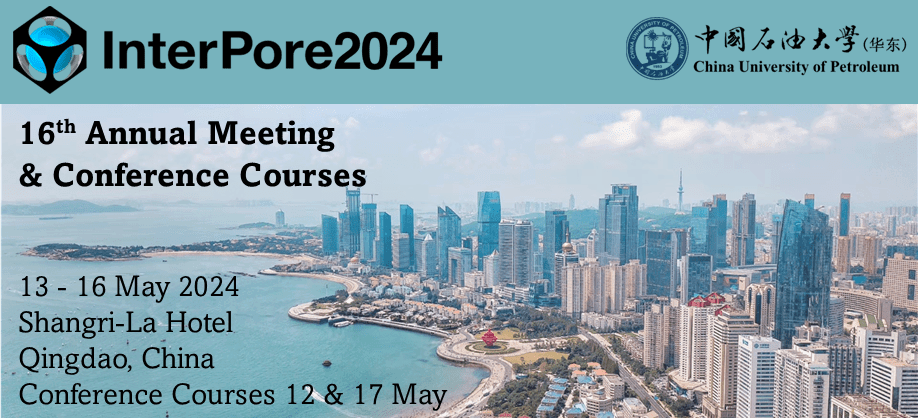 | Zhangxing (John) Chen Eastern Institute of Technology, Ningbo, China / University of Calgary, Canada |
Title: Abstract: The development of reservoir simulators has been concentrated on conventional oil and gas reservoirs in the last century, and efficient black oil, compositional and thermal simulators have been successful in their application to the recovery of conventional oil and gas resources. As these conventional resources dwindle, the recovery of unconventional oil and gas (such as heavy oil, oil sands, tight and shale oil and gas, and coalbed methane) resources is now at the center stage. While the development of unconventional reservoir simulators has been focused on in this century, a lot of challenges still exist because of the significant differences between conventional and unconventional reservoirs in their multi-scale phenomena, fluid occurrence states, flow mechanisms, and production technologies. The speaker has engaged in the development of reservoir simulators for over 30 years. His group has developed parallel and intelligent simulators that can efficiently simulate complex fluid flow problems with giga (billion) grid block cells and reduce simulation time from days to seconds. For over ten years, his group has also incorporated artificial intelligence (AI) and quantum computing algorithms into these reservoir simulators. Fast and accurate simulators can increase energy production due to full utilization of available data and better understanding of the chemical and physical mechanisms involved, process designs and uncertainty analyses. In this plenary presentation, the speaker will give an overview on the development of conventional and unconventional reservoir simulators, the incorporation of parallel and AI algorithms into these simulators, and the quantum computing potential to solve reservoir simulation problems. The present status, existing challenges, and future prospects on reservoir simulators will be emphasized in this plenary presentation. Bio: | |
Choose timezone
Your profile timezone:




.jpg)
